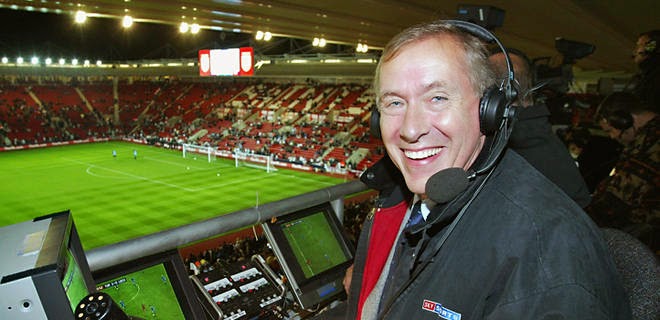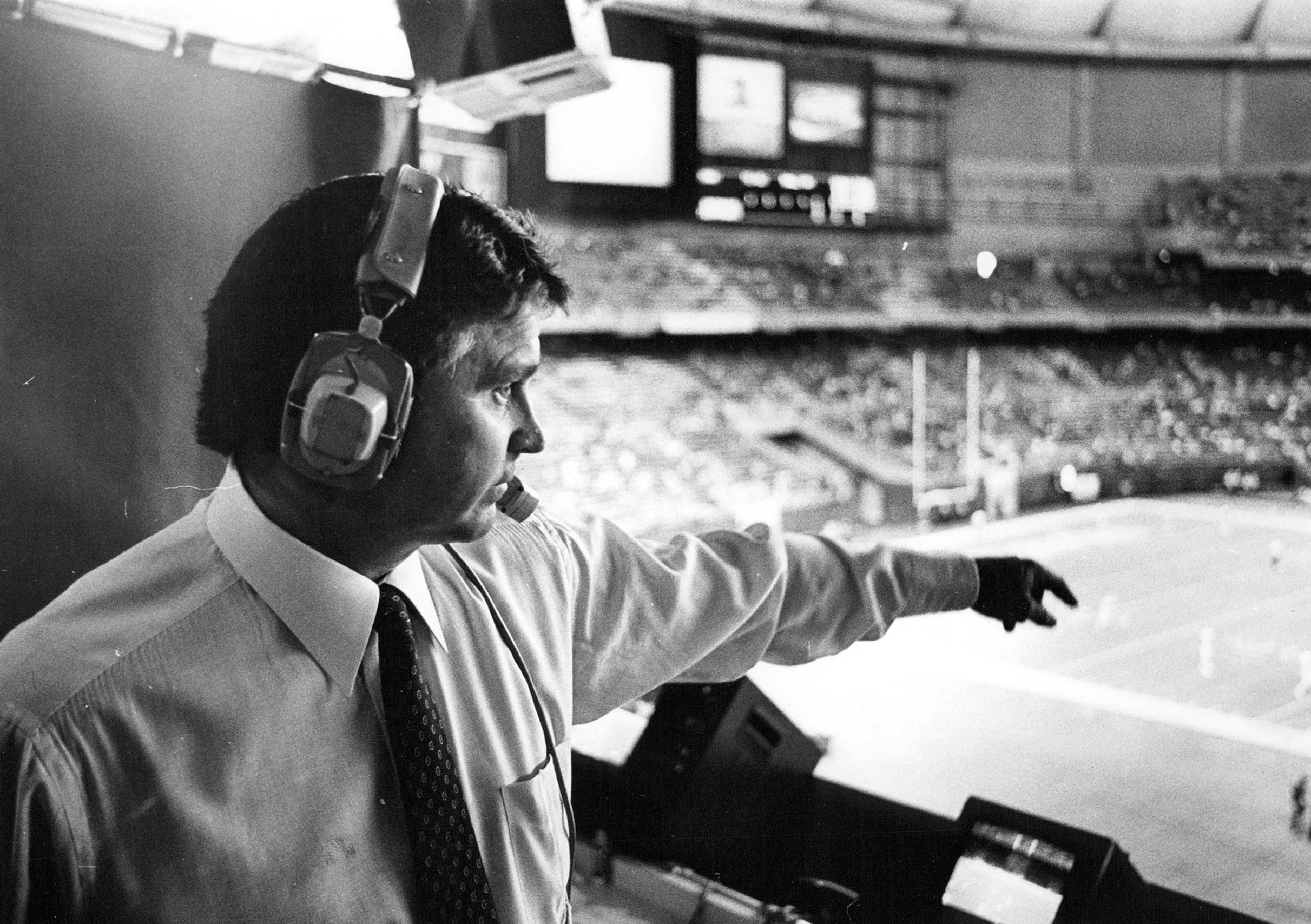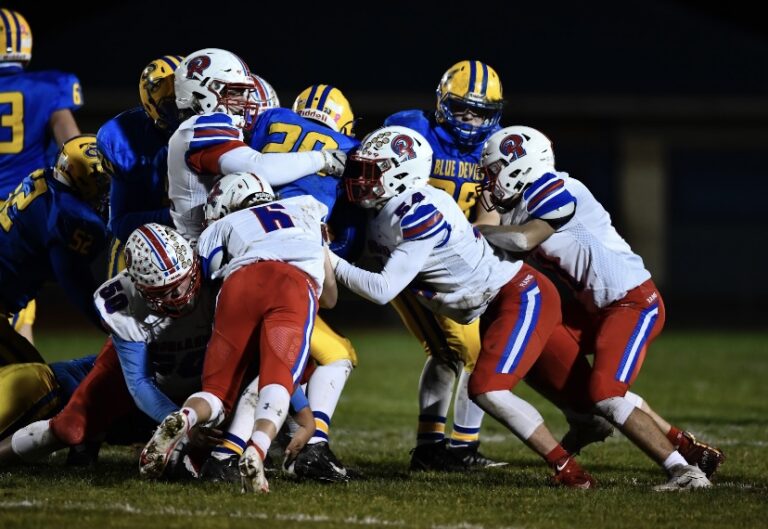Northern Football Commentary: Venturing into the realm of sports commentary, we uncover the prevalence of overused clichés that undermine the genuine excitement of the game. Amidst the roar of the crowd and the thrilling drama on the field, these tired phrases, repeated ad nauseam by commentators, threaten to overshadow the true essence of Northern football. From the ubiquitous “game of inches” to the infamous “he’s giving 110%,” these clichés have become a familiar foe to fans and players alike. Join us as we dissect these linguistic offenders, exploring why they persist and how they detract from the raw energy and passion that define the sport.
The Obvious Offenders
First up, the clichés that state the obvious, robbing viewers of any intellectual engagement. “He’s gotta throw it deep!” screams the commentator as the quarterback drops back in the final seconds. No, Sherlock, that wasn’t exactly on our bingo cards. Similarly, “This is a big play here!” rings hollow when every play carries potential consequences. These phrases insult our intelligence, assuming we cannot understand the inherent drama unfolding before our eyes.

The Hyperbolic Hype
Then there’s the hyperbolic hyperbole, exaggerating the mundane into mythical proportions. “This is the greatest catch I’ve ever seen!” declares the commentator after a routine sideline grab. Really? Has memory failed you so quickly? Such overblown pronouncements cheapen the truly remarkable plays, leaving viewers sceptical and jaded. Let the action speak for itself, and reserve the superlatives for moments that genuinely deserve them.
The Mixed Metaphors
Next, we encounter muddled metaphors, contorting language into nonsensical pretzels. “He threw a dime right into the breadbasket!” conjures up confusing images of quarterbacks juggling pastries. “This defence is a brick wall!” begs the question – can walls tackle? These linguistic gymnastics distract from the game, leaving viewers wondering if they’ve stumbled into a surrealist painting.
The Tired Tropes
Finally, we have the threadbare tropes, recycled year after year with predictable monotony. “He’s got ice water in his veins!” for the calm quarterback; “He’s a real gym rat!” for the dedicated player; “This is a game of inches!” for any close contest. These clichés lack originality, relying on tired stereotypes instead of offering insightful commentary. They paint players in one-dimensional strokes, ignoring the nuances and complexities that make them fascinating individuals.
Beyond Mere Annoyance
But why do these clichés grate on our nerves so much? It’s not just about their lack of originality. They distract from the genuine excitement of the game, replacing insightful analysis with empty platitudes. They underestimate the viewers’ intelligence, treating them as passive consumers of prepackaged narratives. Moreover, they perpetuate harmful stereotypes, reducing players to one-dimensional caricatures.
Breaking the Cycle
So, what can be done? Commentators, we implore you: ditch the clichés! Instead, focus on offering insightful analysis, highlighting strategic nuances, and providing historical context. Frame the game in a way that engages viewers, sparking conversation and debate. Celebrate the unique talents and personalities of each player, avoiding tired tropes and reductive stereotypes. Remember, your words have the power to elevate the viewing experience, transforming mere spectacle into a captivating narrative. As for us, the viewers, let’s not passively accept these linguistic transgressions. Engage critically with the commentary, calling out tired phrases and demanding better. Share your thoughts on social media, write to networks, and hold commentators accountable for their words. Remember, your voice matters, and collectively, we can raise the bar for Northern football commentary, ensuring it reflects the intelligence, passion, and complexity of the game we love.
Conclusion
So, the next time you hear a cliché-riddled commentary, don’t just mute the TV. Use it as an opportunity to engage, to demand better, and to contribute to a richer, more meaningful viewing experience for all. Let’s work together to ensure that the true heroes of the game – the players, the coaches, and the fans – are the ones whose stories are truly told.




